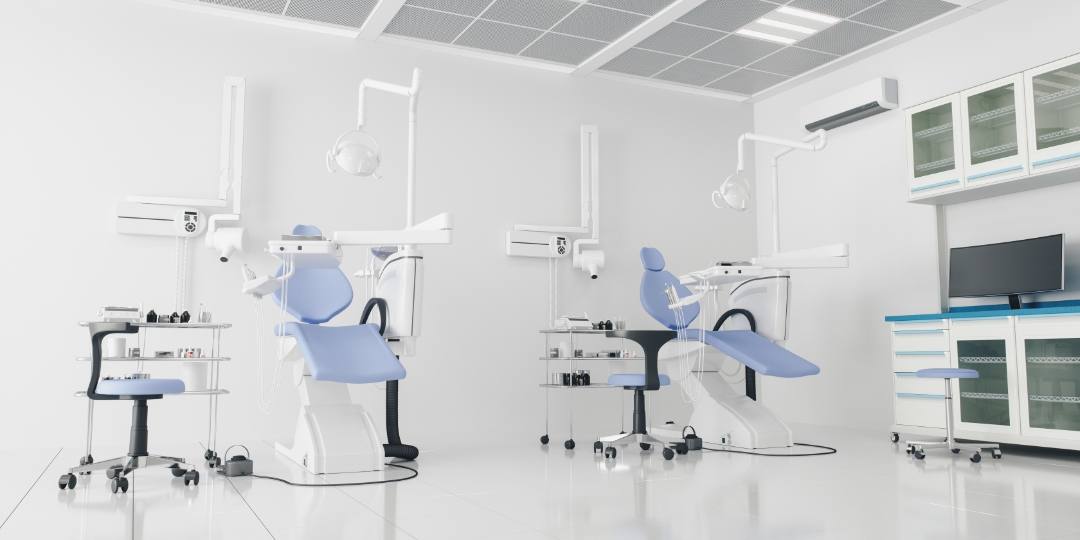Patient Health and Safety
Cleaning in clinics and medical spaces is crucial to ensure the health and safety of patients. These environments must be spotless to prevent infections and nosocomial diseases, which are infections acquired within the hospital setting. A clean environment significantly reduces the risk of contagion, protecting both patients and medical staff.
Compliance with Regulations and Standards
Clinics and other medical spaces are subject to strict hygiene regulations and standards. Complying with these requirements is not only mandatory but also reflects the institution’s commitment to excellence in medical care. Regular inspections and audits ensure that required cleanliness levels are maintained, avoiding sanctions and enhancing the center’s reputation.
Prevention of Cross Infections
Proper cleaning in medical spaces prevents cross infections, which can occur when pathogens are transferred from one patient to another, or to healthcare staff, through contaminated surfaces. Regular disinfection of high-touch areas, such as exam tables, bed rails, and medical equipment, is essential to minimize this risk.
Comfortable and Professional Environment
A clean and orderly environment also contributes to the perception patients have of the clinic or medical space. A clean place inspires confidence and calm, which is especially important when patients may feel vulnerable or stressed. Additionally, a well-maintained and orderly environment reinforces the professionalism of the establishment and its staff.
Protection of Healthcare Personnel
The health and safety of healthcare personnel also depend on the adequate cleanliness of their work environment. Working in a clean space reduces the risk of work-related illnesses and injuries, such as infections from pathogen exposure. This, in turn, can reduce absenteeism and improve staff morale and productivity.
Operational Efficiency
Maintaining a clean clinic or medical space also improves operational efficiency. A well-organized, clutter-free environment facilitates the movement of staff and patients and reduces the time spent searching for equipment or supplies. Regular cleaning of medical equipment also ensures its proper functioning and prolongs its lifespan.
Impact on Patient Recovery
Cleanliness and order in a medical environment can also positively influence patient recovery. Studies have shown that patients tend to recover more quickly in clean and tranquil environments. A dust-free and allergen-free environment contributes to patient comfort and can improve medical care outcomes.
In summary, cleaning in clinics and medical spaces is essential to ensure the health, safety, and well-being of everyone who uses and works in these environments. Investing in professional cleaning services and following strict hygiene protocols is crucial to maintaining a high and efficient standard of care.


